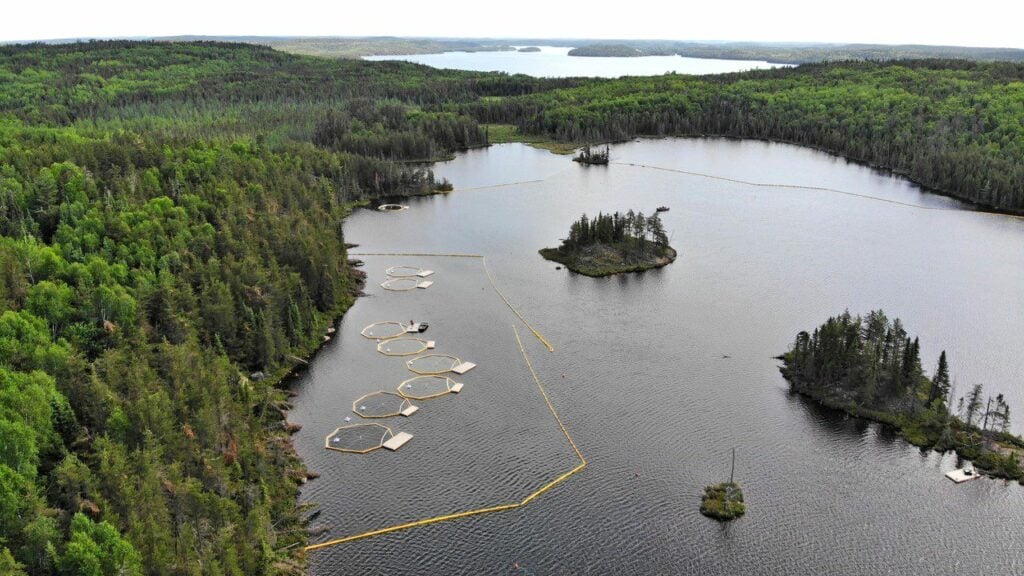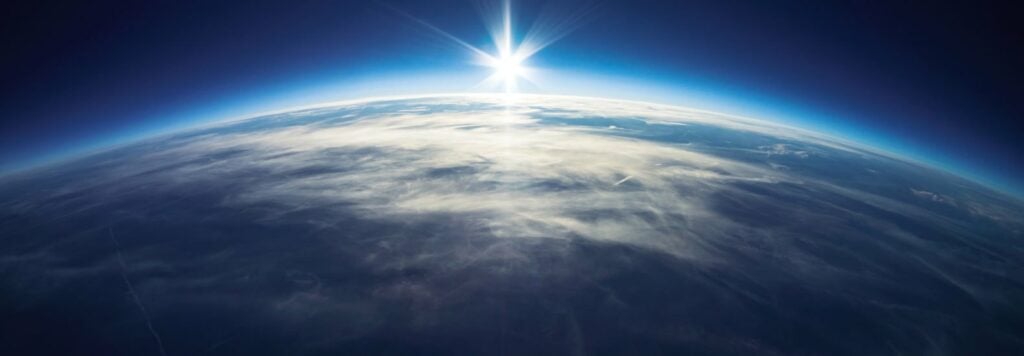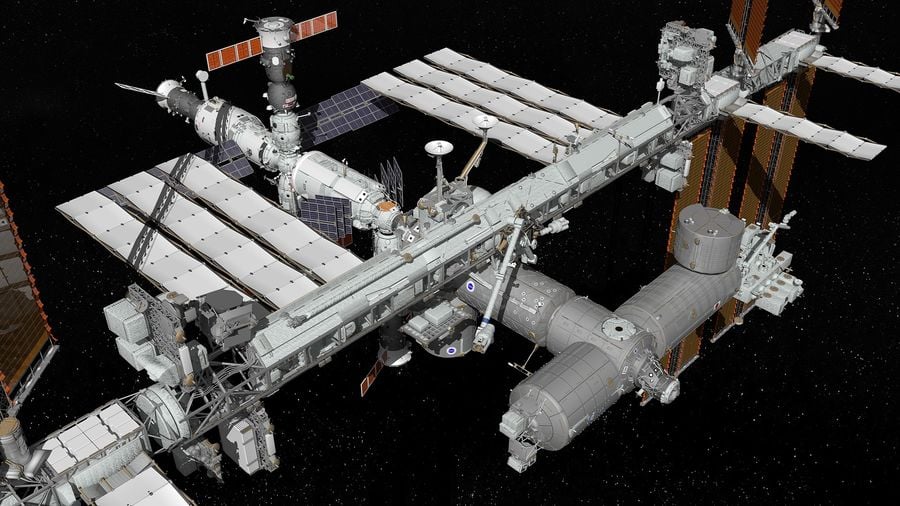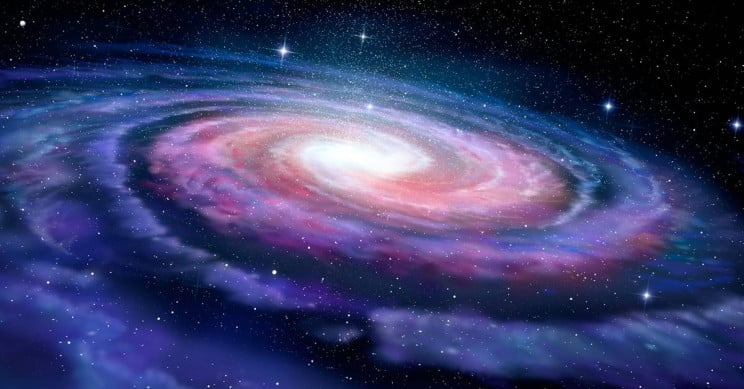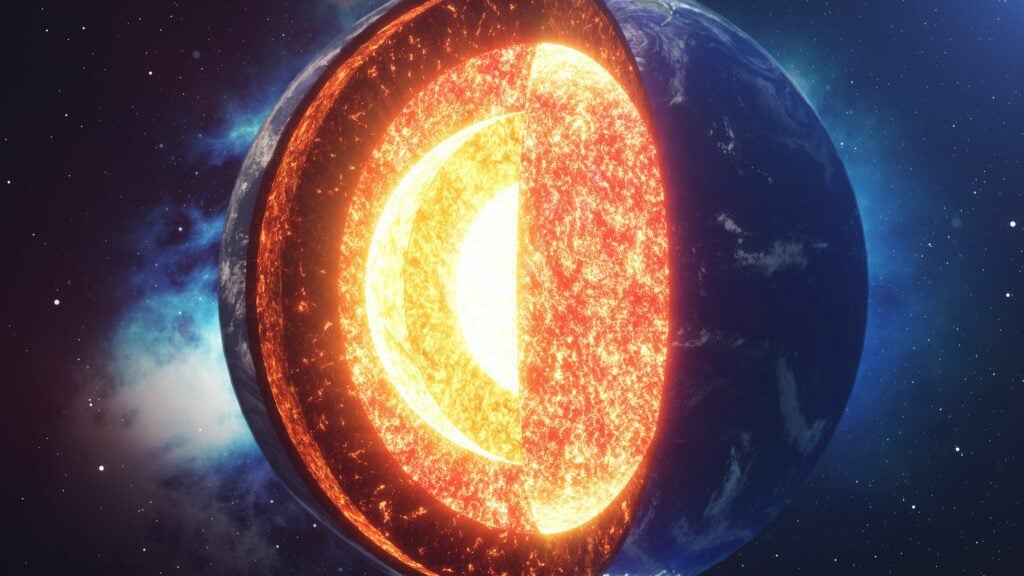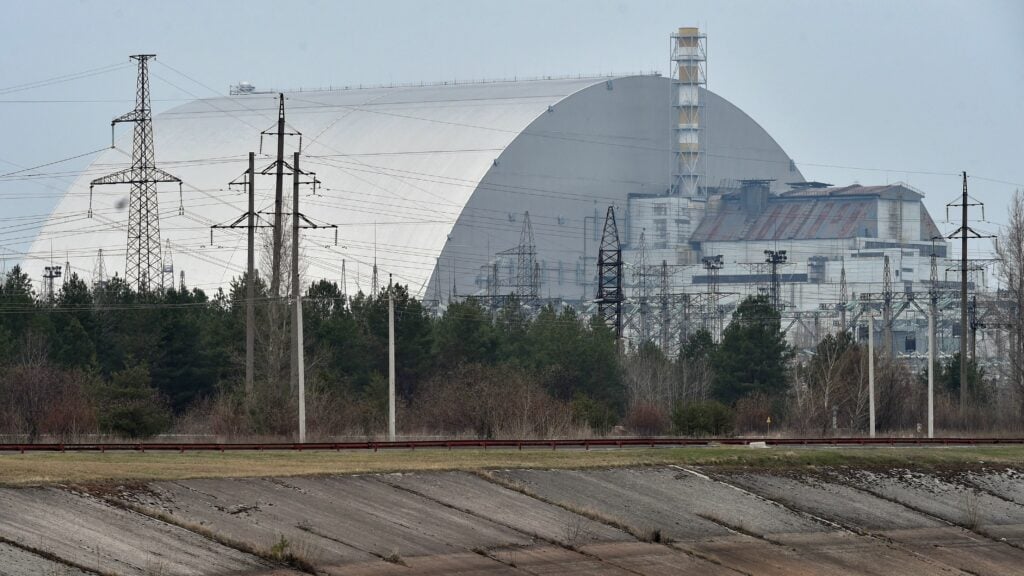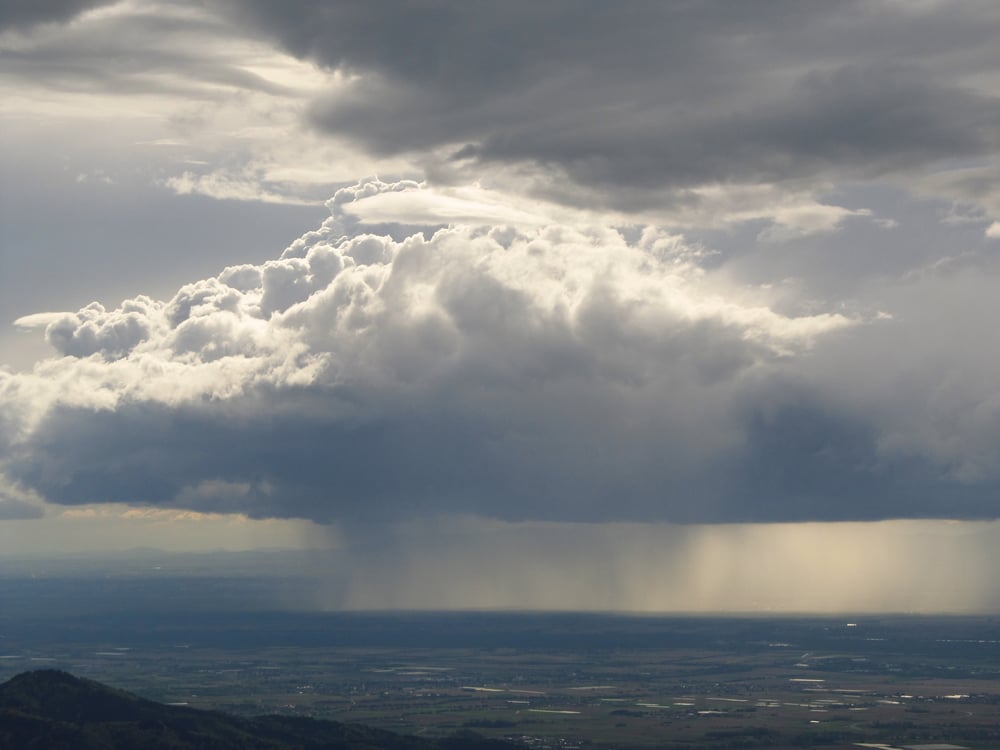Lakes in Canada Were Polluted on Purpose in Order to Study the Effects on Aquatic Life
Lakes are losing ice cover due to climate change, with more than 100,000 lakes at risk of ice-free winters if air temperatures rise by 4 degrees Celsius. For Northern Hemisphere lakes, ice duration has decreased by 28 days on average over the last 150 years, with faster rates of change in recent decades. But did […]
Lakes in Canada Were Polluted on Purpose in Order to Study the Effects on Aquatic Life Read More »
